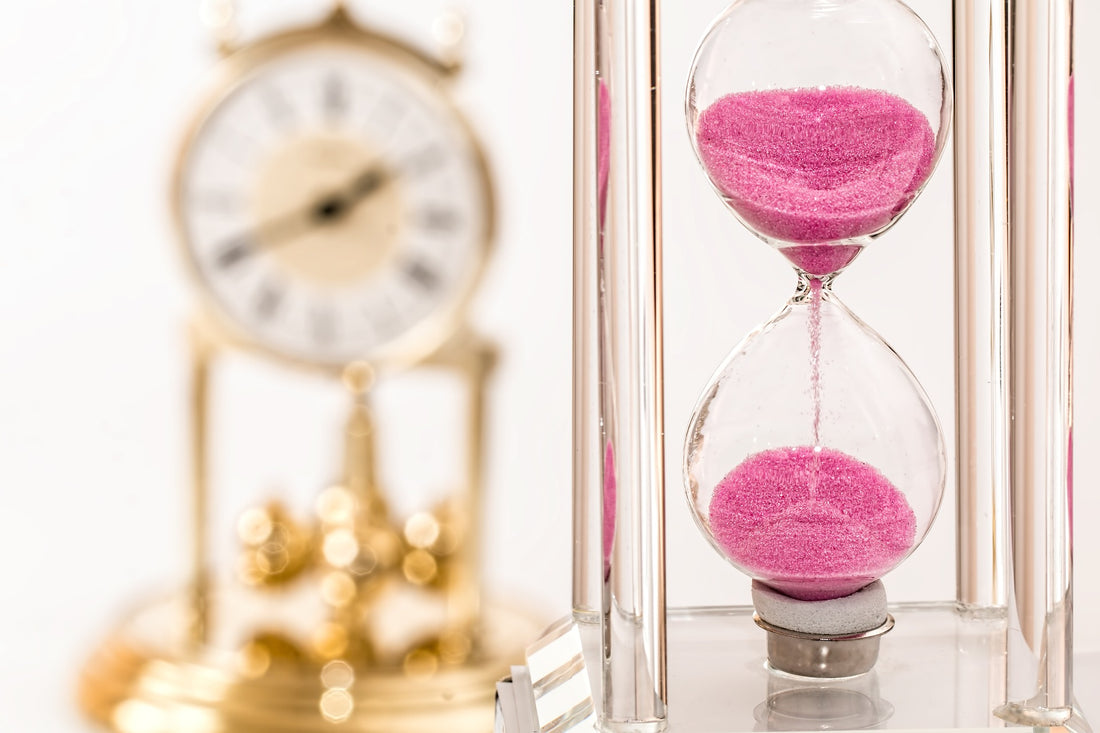
Prepare for Daylight Savings: Tips to Adjust Your Sleep Routine and Stay Healthy
Share
As Daylight Savings begins on March 10, 2024, it's essential to remember to set your clocks forward one hour Saturday night. While many anticipate the longer evenings that come with this change, the transition can disrupt sleep patterns and impact overall health. Here are some helpful tips to ease into Daylight Savings and manage its effects:
-
Make Gradual Adjustments: Starting about a week before the time change, gradually wake up 10 to 15 minutes earlier each day. This incremental shift helps your body adjust to the new schedule more smoothly.
-
Limit Caffeine and Alcohol: Reduce your consumption of caffeine and alcohol, as they can interfere with your sleep cycle. Cut back on these beverages a day or two before Daylight Savings to ensure better restorative sleep.
-
Prioritize Rest: Take advantage of the weekend before the time change to catch up on sleep. Aim to go to bed a little earlier on Friday and Saturday nights to offset any sleep deficit accumulated during the transition.
-
Create a Relaxing Sleep Environment: Transform your bedroom into a tranquil sanctuary conducive to sleep. Avoid engaging in stimulating activities or watching TV before bedtime. Instead, focus on relaxing activities like reading or practicing mindfulness to prepare your mind and body for restorative sleep.
By implementing these strategies, you can minimize the impact of Daylight Savings on your sleep and well-being. Remember to prioritize self-care during this adjustment period and listen to your body's needs for adequate rest.
Share your tips for coping with Daylight Savings in the comments below and empower others to prioritize their sleep health!
